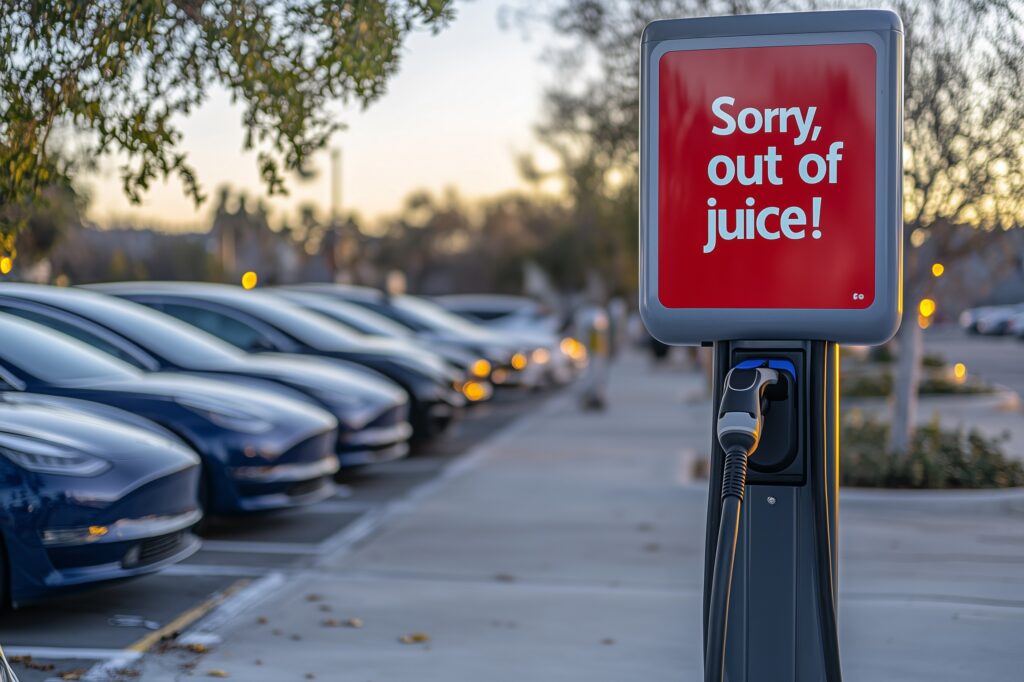Don’t Ban Today What May Have a PMTA Tomorrow
Tobacco retailers and manufactures are rightfully subject to significant regulatory oversight. Although the Food and Drug Administration (FDA) is the primary regulatory agency for tobacco products, states and localities have a tremendous amount of latitude to regulate availability of tobacco products. In the case of novel tobacco products, such as electronic nicotine delivery systems (ENDS), this has resulted in a national patchwork of regulations and rules that change as fast as the mile markers along the highway. When it comes to regulating novel tobacco products, states and localities see a need to act now to protect public health and decrease youth use of e-cigarettes. However, rather than banning novel tobacco products, state and local legislators should account for the FDA’s Premarket Tobacco Application (PMTA) process in any regulatory decision by implementing sunset provisions for products that are awarded PMTAs by the FDA.
The PMTA is the FDA’s answer to regulating ENDS, specifically those introduced to the market after the 2009 Family Smoking Prevention and Tobacco Control Act authorized the FDA to regulate all tobacco-derived products. In 2016, the FDA announced that all novel tobacco products not on the market prior to Aug. 8, 2016, would be required to obtain an approved PMTA before entering the market and all products on the market prior to that date would have a grace period during which they could prepare their PMTA for submission. The deadline to file a PMTA for products currently in the grace period is Sept. 9, 2020, at which point any product without a PMTA on file with the FDA can no longer be sold legally. Furthermore, the FDA has committed to reviewing all PMTA applications within one year, during which they will defer enforcement of no-sale orders for products under review.
In order to receive PMTA approval, the manufacturer in question must demonstrate that marketing of their products would be appropriate for the protection of the public health. That standard requires the FDA to consider the risks and benefits to the population as a whole, including whether existence of the product will increase the likelihood that non-users will start using such products. The agency’s evaluation also includes reviewing a tobacco product’s components, ingredients, additives, constituents, toxicological profile and health impact, as well as how the product is manufactured, packaged and labeled. The FDA’s standards have proven to be high for products seeking PMTA authorization, as only three product varieties have accomplished this feat.
Although the PMTA is designed to protect public health, it is a slow process, which has led some states and localities to institute bans of ENDS. While well intentioned, a blanket ban not only limits access to ENDS products for non-smokers and young people, it also limits current smokers’ access to these reduced-risk products. One way that states like New York have balanced these competing interests is by introducing legislation that exempts any product that receives a PMTA from their blanket bans. This provision balanced the desire to take immediate action with an understanding that the best way to ensure the safety of a tobacco product is to allow the FDA to conduct a thorough investigation of its safety and public health merit.
As the FDA reviews applications for e-cigarettes, it is likely that many more will be granted marketing approval, and those that are granted approval will have met the public health test demonstrating that availability of the product is for the benefit of public health. This may well impact states that choose to ban the entire product category or an aspect of the category, such as non-tobacco flavors, before full review by the FDA. To prevent being out of step with federal regulation, states considering ENDS bans should include language that permits products granted PMTA authorizations to reenter the market.
It is reasonable for states and localities, which can often move faster than federal regulatory bodies, to regulate tobacco products in a way that suits their constituents. However, most state and local regulations are too blunt an instrument when it comes to ENDS. Considering that smoking kills nearly a half-million Americans annually, barring smokers from accessing these reduced-risk products also has a negative public health impact. Not all ENDS are created equal, which is why it is vital that products the FDA acknowledges as appropriate for the protection of the public health, by bestowing PMTA approval, are not permanently subject to state and local bans.
Image credit: Nomad_Soul









